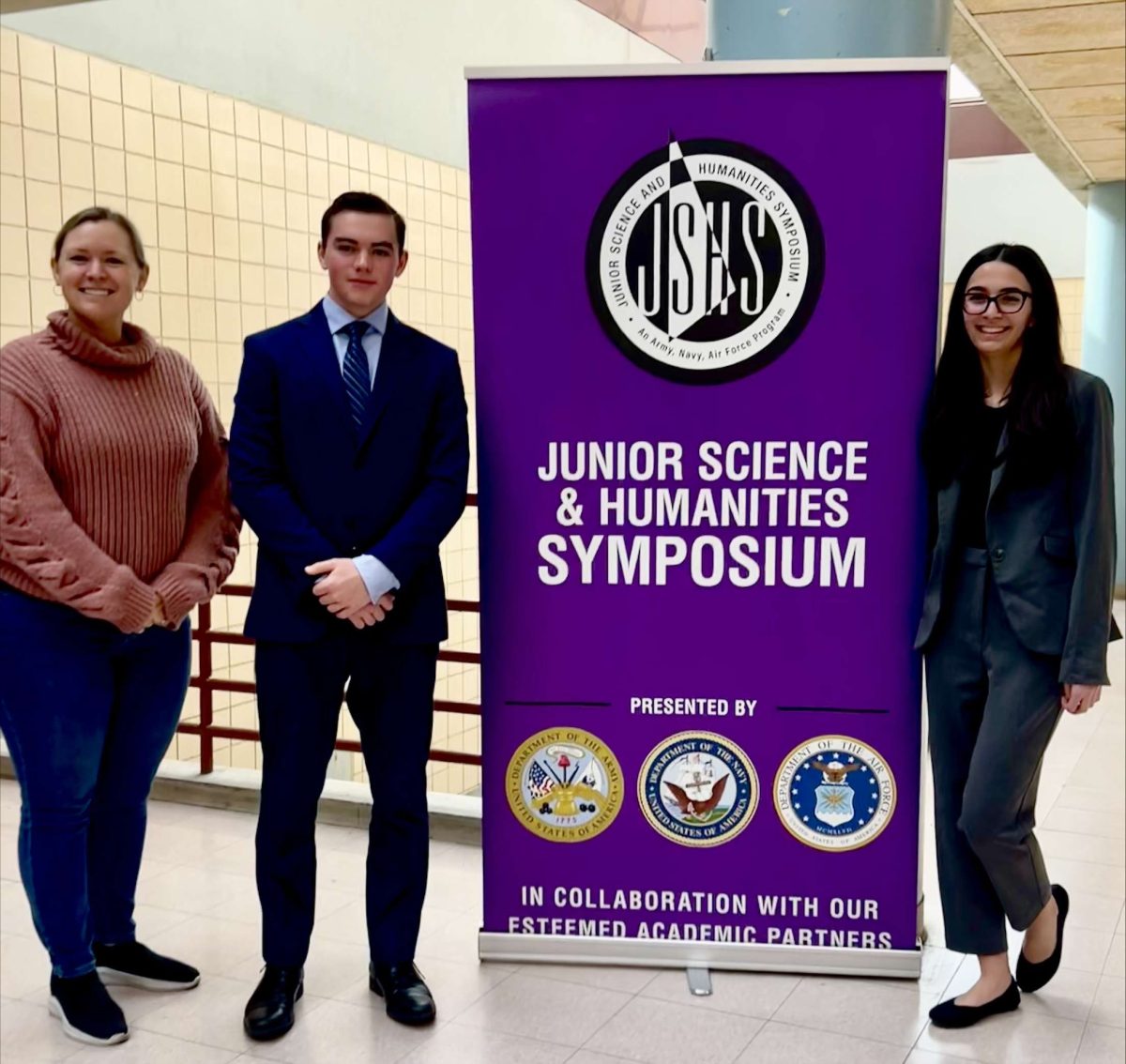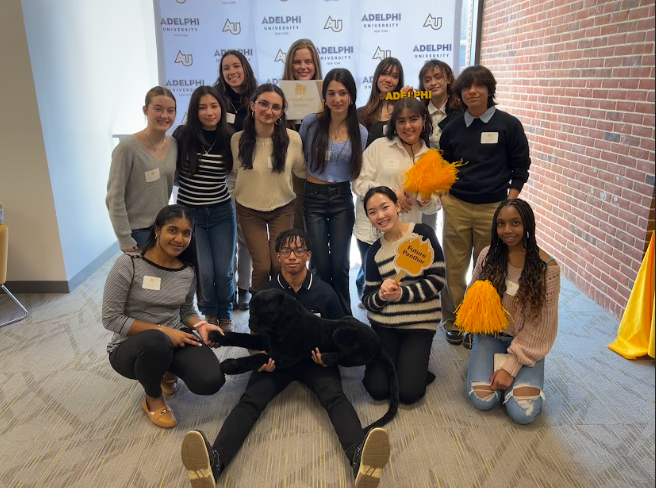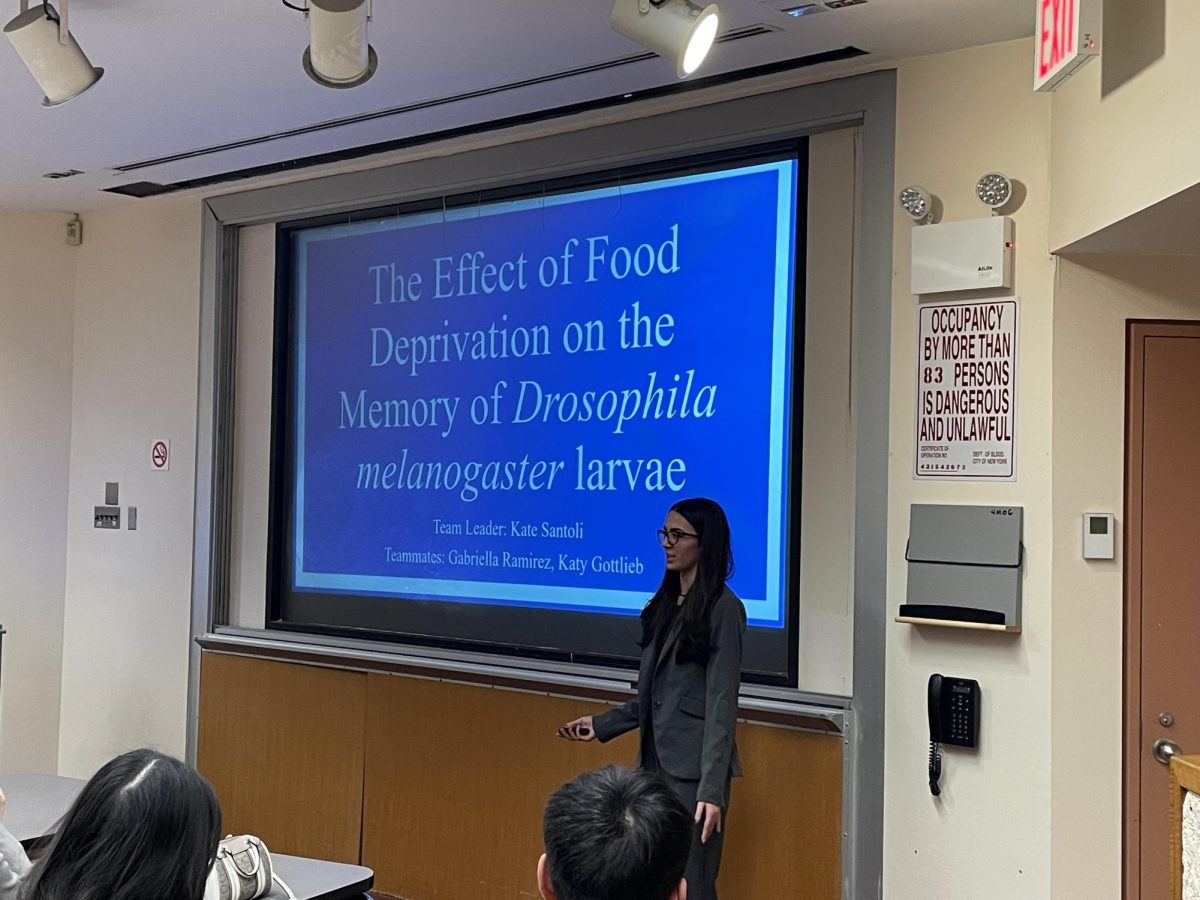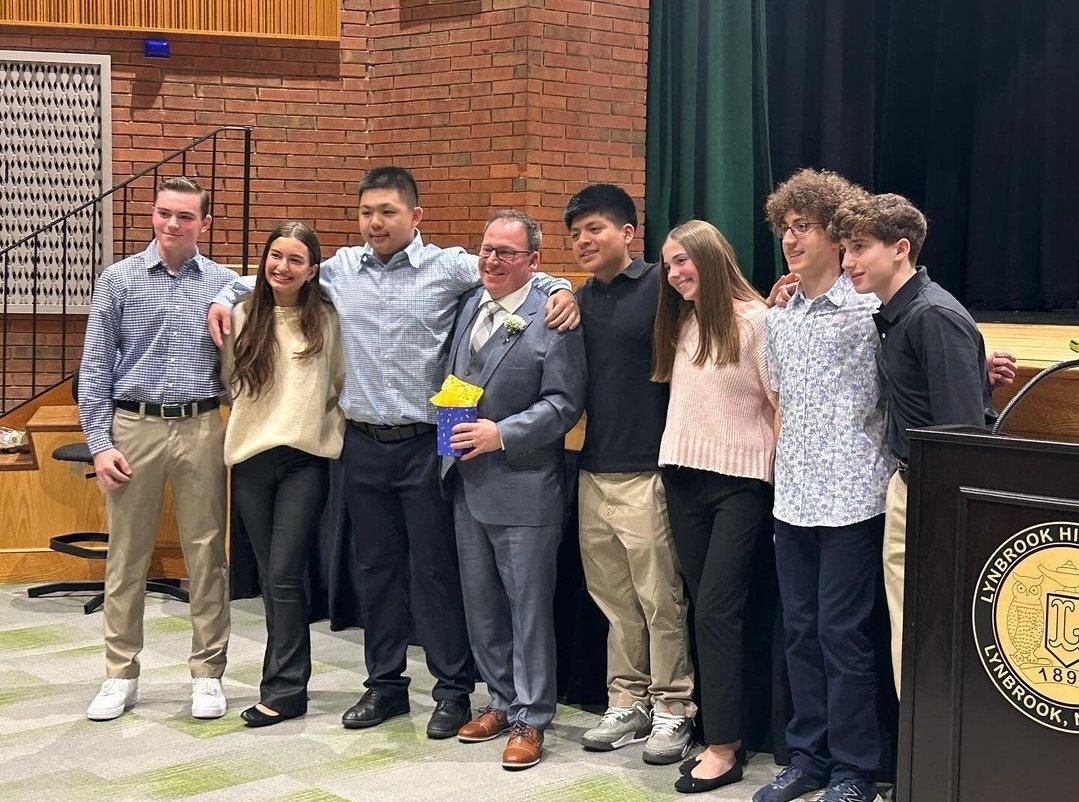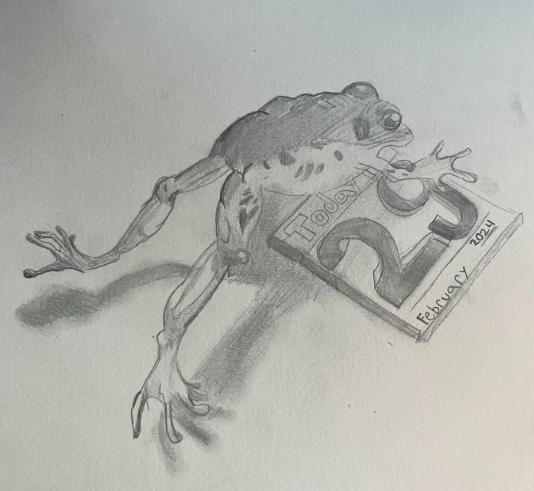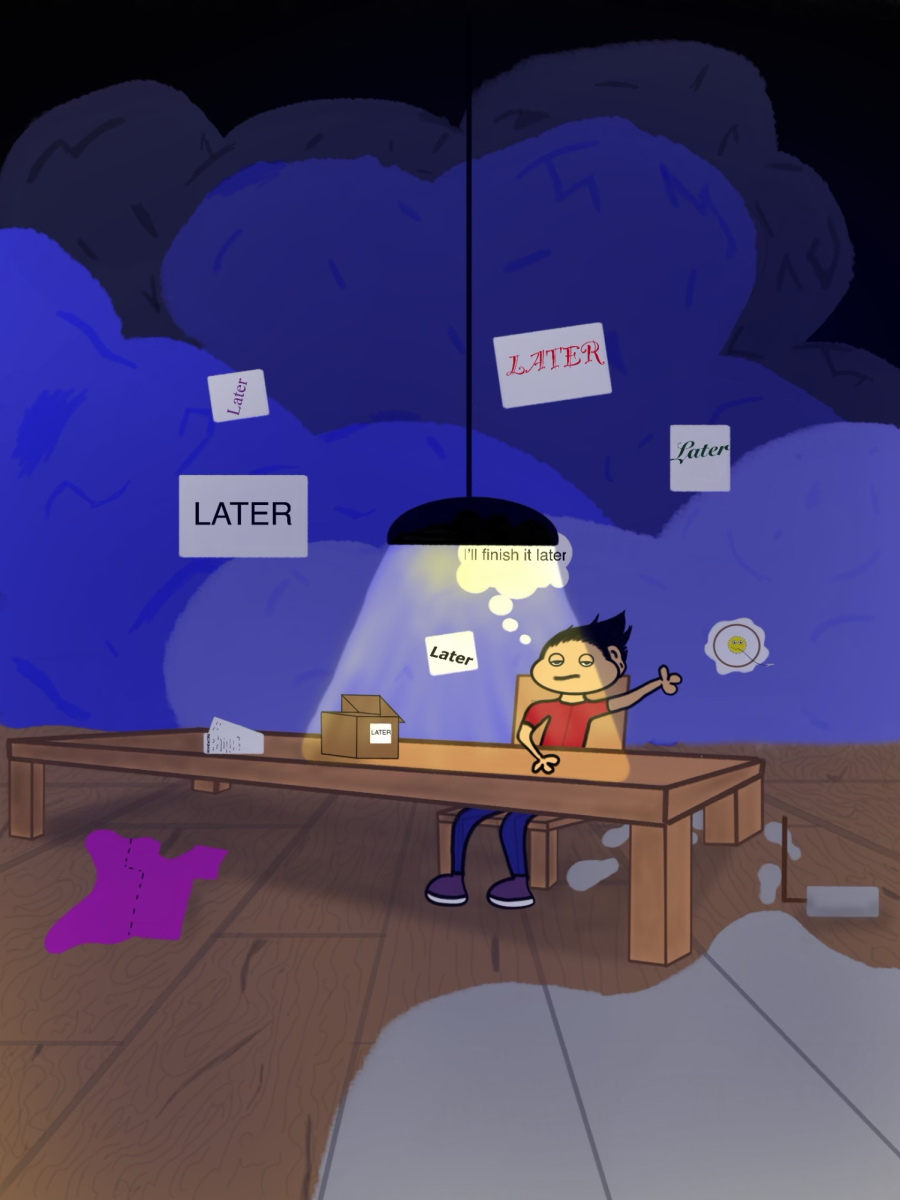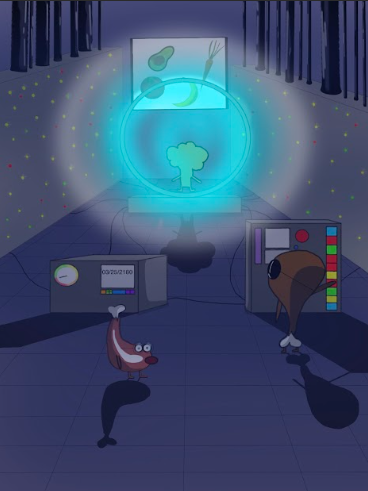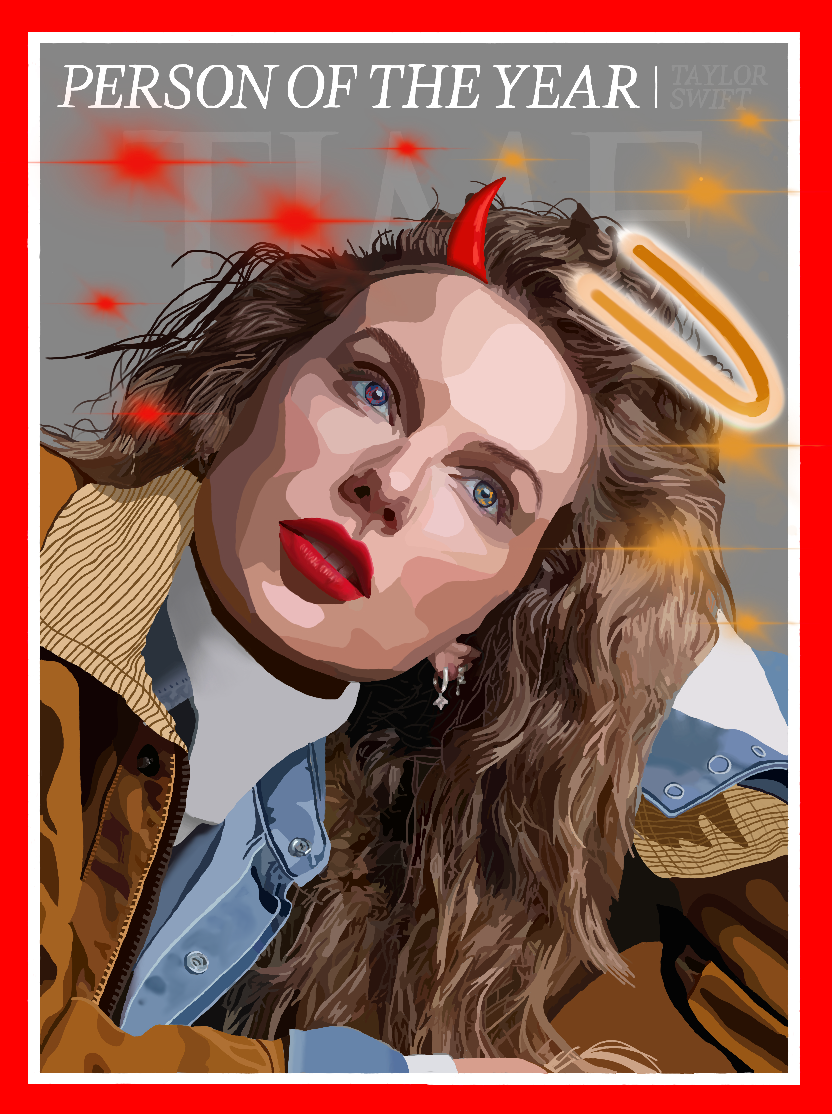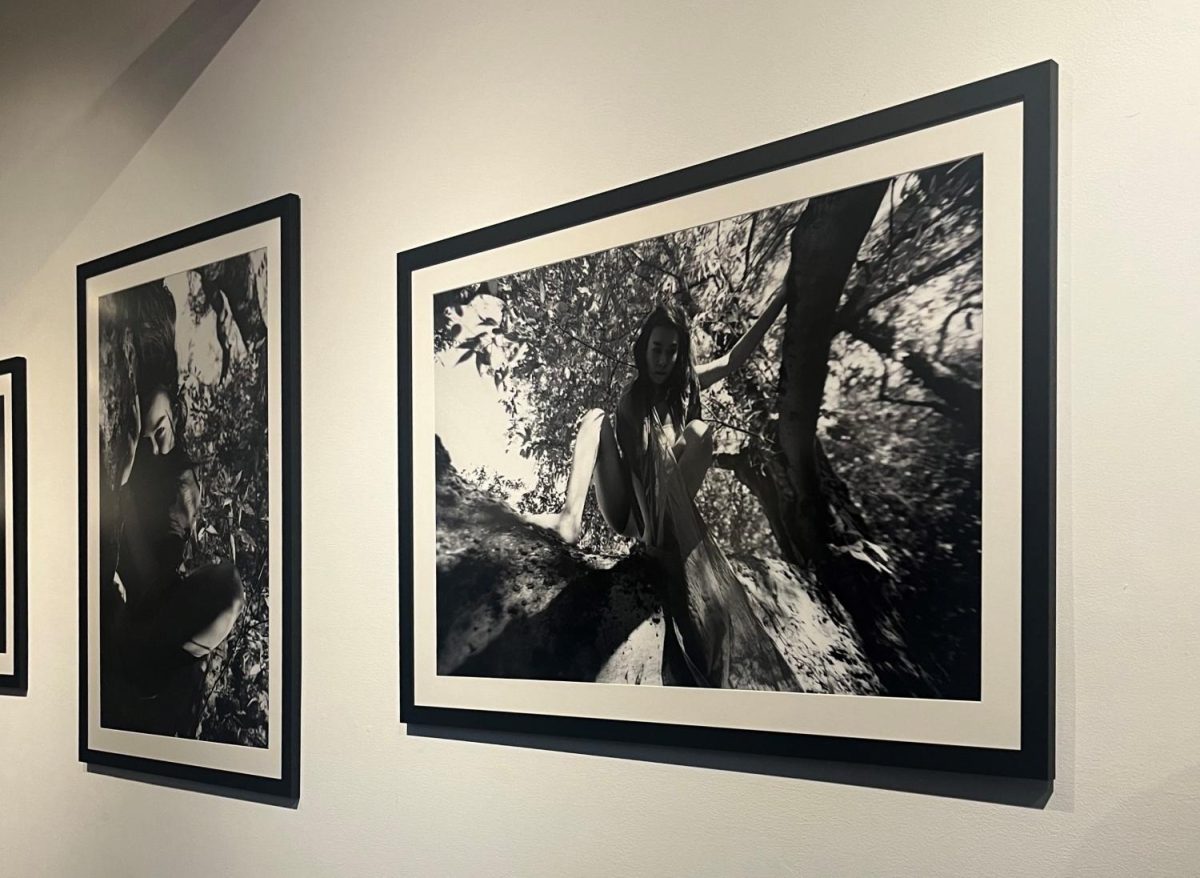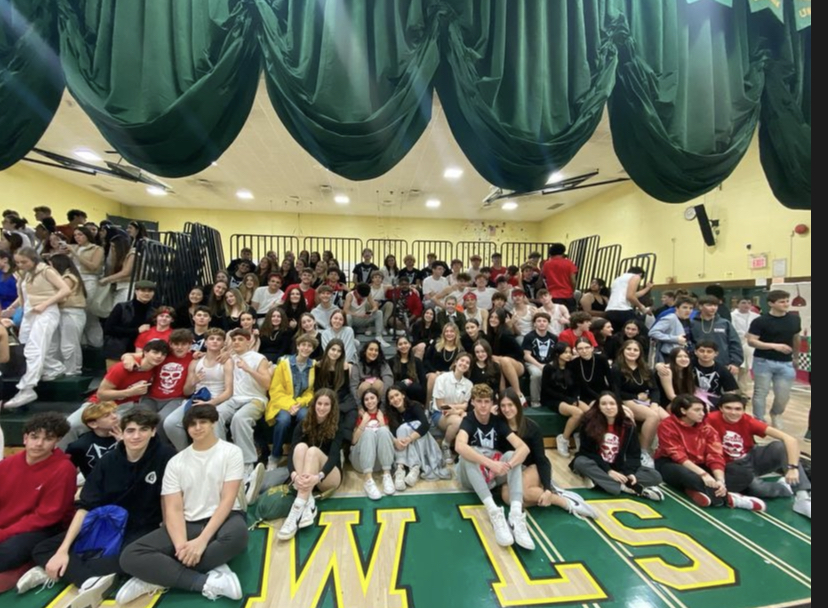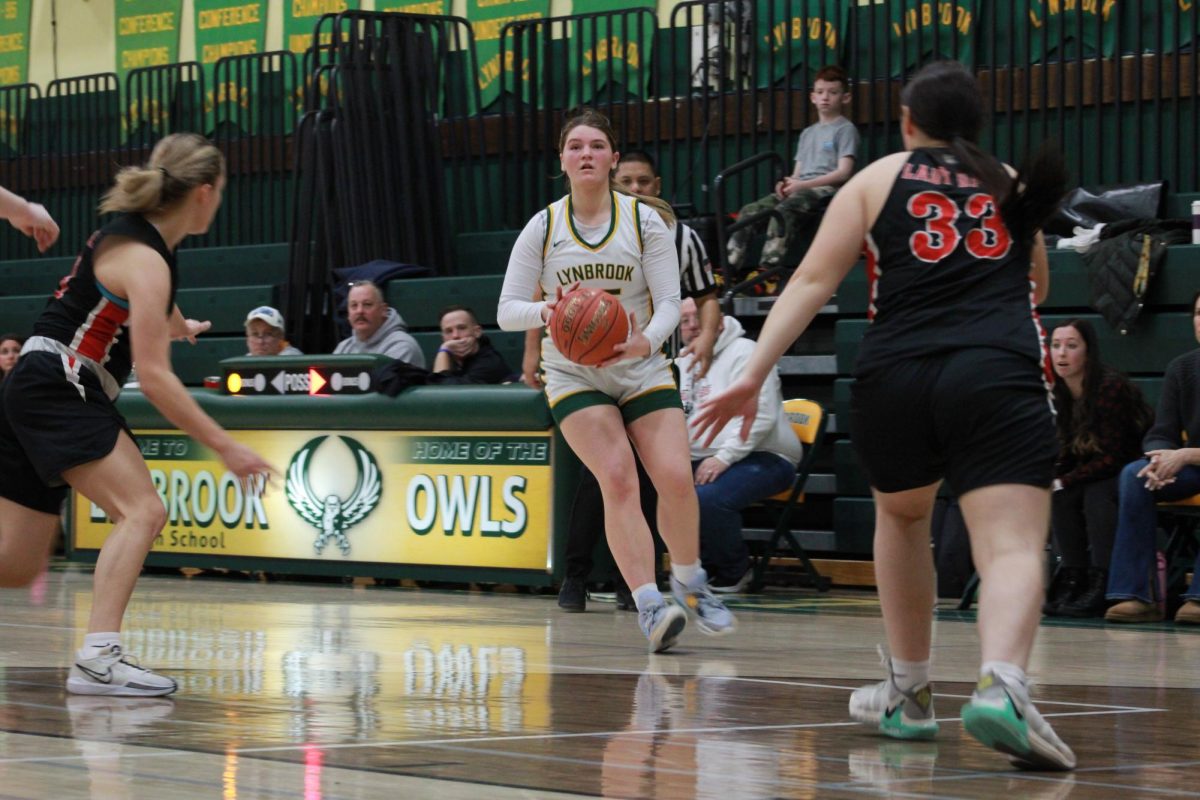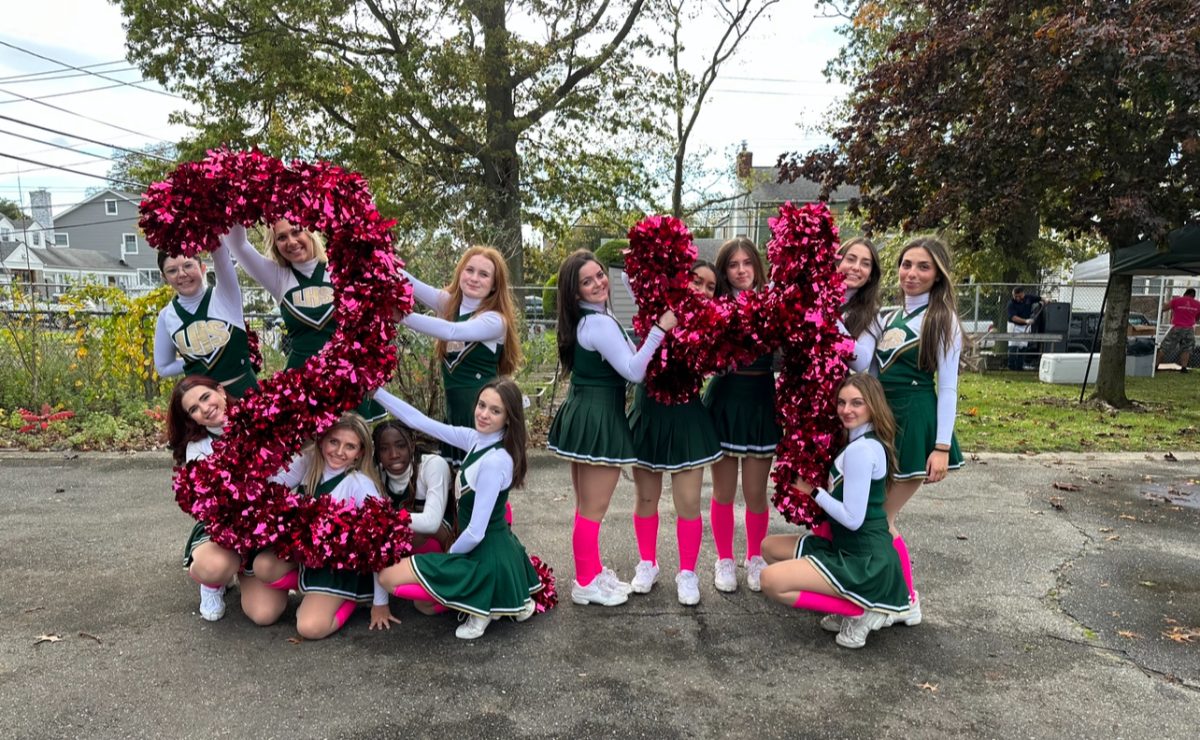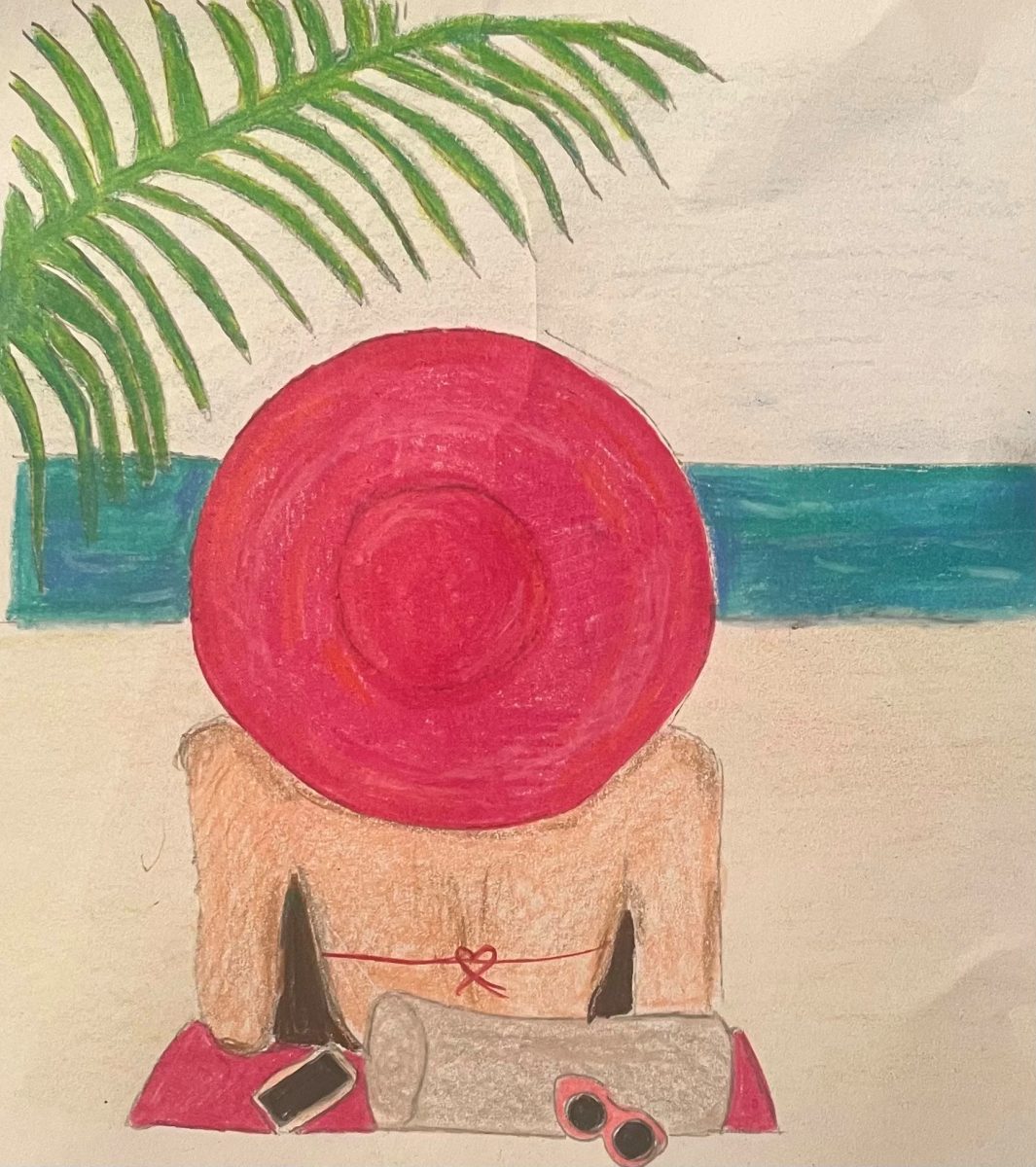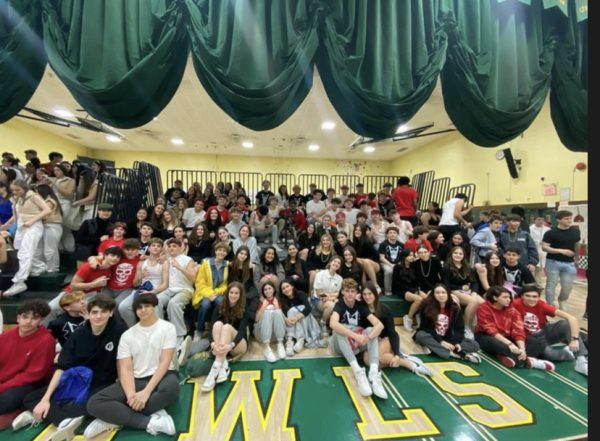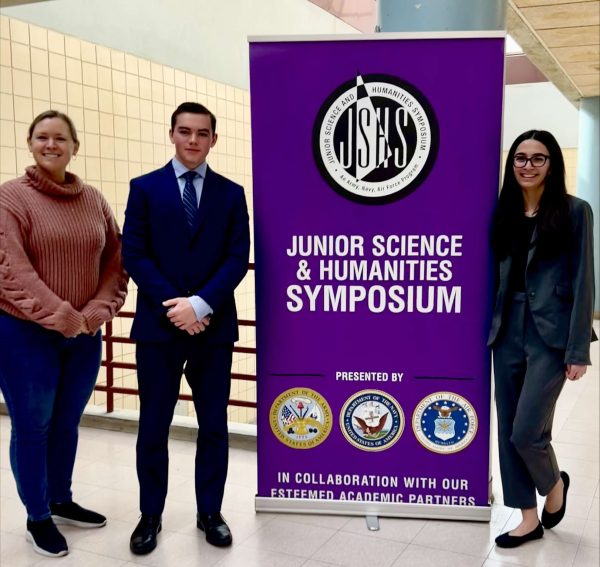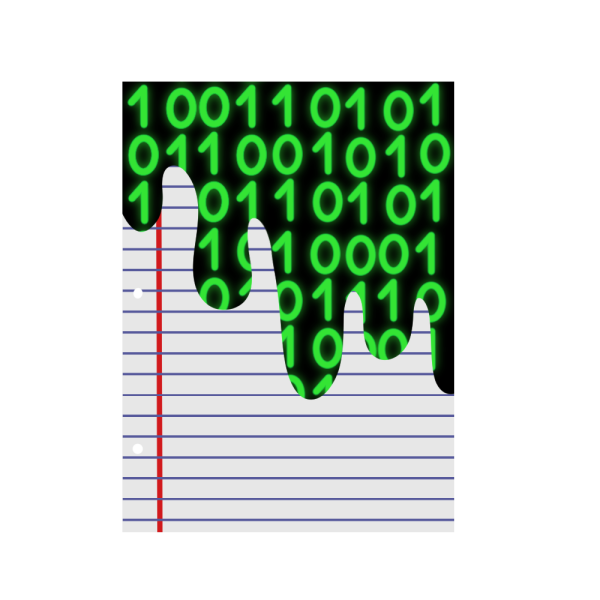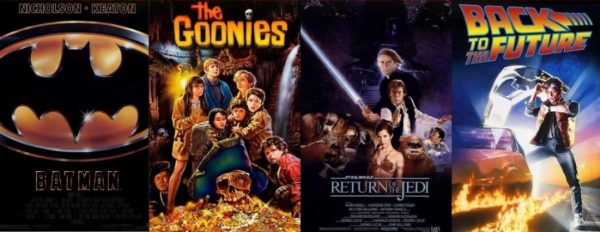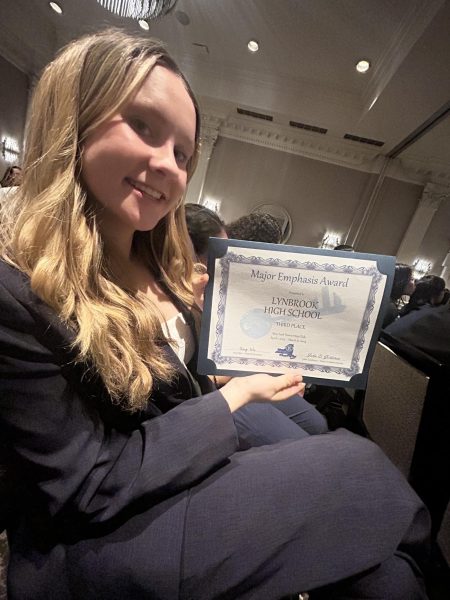Meat Hater’s Delight
Today, it seems more and more people are making the switch to becoming vegetarian (one who chooses not to eat meat) and vegan (one who chooses not to eat meat nor anything that comes from animals, such as milk and eggs). These dietary choices are becoming more visible in the public eye. People dispute whether eating decisions like these are actually harmful or beneficial, as well as if they are natural and environmentally friendly. To some people, it is a mystery why people would choose to only eat certain types of foods and they do not understand the effects doing so has on the human body.
I guess it’s about trying to live a life where I’m not contributing to the cruelty of the world.
— Jessica Chastain, actress
Chances are that many people are aware of both vegetarian and vegan lifestyles. In fact, many actors, actresses, musicians, and other celebrities have chosen to embrace them, each for a unique reason and purpose. Jessica Chastain, an American actress and film producer, once said, “I am vegan. I don’t want to torture anything. I guess it’s about trying to live a life where I’m not contributing to the cruelty of the world.” To some, changing to a vegan lifestyle is a liberating experience. “Nothing’s changed my life more. I feel better about myself as a person, being conscious and responsible for my actions and I lost weight and my skin cleared up and I got bright eyes and I just became stronger and healthier and happier. Can’t think of anything better in the world to be but vegan,” said actress Alicia Silverstone. Singer Ariana Grande is also a vegan. Grande explained her decision by saying, “I love animals more than I love most people, not kidding. But I am a firm believer in eating a full plant-based, whole food diet that can expand your life length and make you and all-around happier person.” Junior Harrison Glassman became a vegan because he believes that animals deserve better treatment and not to be thought of as food, but as living beings instead. Miley Cyrus, a singer, has been a vegan since 2014, and says her pet fish and pig inspired her to make the switch. “I realized these are intelligent animals,” she told Jimmy Fallon. Her pig, too, is vegan.
Because of the way they’re portrayed in media, people make it seem like it’s more of a cult, and all vegans are judgmental and aggressive.
— Deborah Debetta, health teacher
Despite having such a large following and high-profile participants, vegans and vegetarians are not always regarded in a positive light. “I think that because of the way they’re portrayed in media, people make it seem like it’s more of a cult, and all vegans are judgmental and aggressive. A lot people also make it seem like everyone whose vegan is automatically healthy, which isn’t necessarily true, given that a person can eat nothing but pasta and bread and still be vegan,” exclaims Health Education Teacher Deborah DeBetta. Junior Leo Glassman, a vegan, agrees with DeBetta, stating, “I think that it is a stereotype that was brought on by a small percentage of vegans who do not understand how deeply ingrained meat and animal product consumption is in our society. These vegans do not focus on enriching conversation, but rather on criticizing while thinking they are superior. However, something that the majority of vegans understand is that it is important to be understanding and encouraging, and if we think veganism is morally the right option, we should not act superior for doing what we consider right.” Indeed, some vegans can get a little carried away and seem intimidating and condescending. Actor Peter Dinklage once said, “By buying meat, eggs, and dairy products, you’re paying for cruelty.” A bit extreme, right? Harrison Glassman, on the other hand, believes that membership in the vegan and vegetarian communities is growing. He states, “I believe more people are going vegan because there are more sources in the media that can educate people what being vegan is and which stereotypes about veganism are true.” Jennifer Turner, an art teacher and vegetarian, agrees with Harrison, saying, “Being a vegetarian is more common now than ever.”
One may decide to be a vegetarian because purchasing meat can be expensive. Thus, the price of foods becomes a factor. According to DeBetta, the price of a food can show its quality. “If you’re eating a ninety-nine-cent burger, the quality will probably be a lot different than a grass-fed steak that’s ten dollars. So, with the cost of healthy grass-fed meat, it is actually quite expensive, so I don’t think meat should be an everyday thing.”
Food fads and trends can also determine how one eats. “I feel like a lot of times we eat based upon food trend, and I feel like the most effective way to figure out what we should be eating is working with a professional. I feel like our diet should be based on what may be happening in our bodies,” says DeBetta. In other words, always following the latest food trends is not a productive way to eat as everyone’s body is different, meaning that one food could be good for one person but said food would not be good for another person. Geography can also dictate if one decides to become a vegetarian or vegan. “America has gotten a lot better when it comes to vegan food options. In cities such as New York City, Seattle, Portland, and San Francisco, there is vegan food everywhere. In suburban and rural areas, vegan food is also becoming more popular, which can definitely be attributed to social media. Often there are vegetarian and vegan options at restaurants that are not primarily vegetarian,” says Leo Glassman.
Having an alternative diet, such as veganism, can be beneficial if executed properly. Even if one does not want to become a full-fledged vegetarian, he or she should always make a habit of eating fruits and vegetables on a daily basis. As DeBetta says, “The more fruits and vegetables we add to our diet, the better, because that’s where we get the basics of our minerals. Anything that comes as a whole product comes directly from the earth. There’s nothing more nutrient dense and healthy than that. Those food include fruits, vegetables, nuts and whole grains.” Vegetarianism, for instance, can be rewarding as it can introduce one to a new, healthy lifestyle. When it came to learning where to shop and how cook on a vegetarian diet, Turner said that she and her husband “discovered new ways to cook and educated ourselves about the ingredients we use, where we shop for groceries, and what we choose to buy.”
While these kinds of lifestyles pose some benefits, veganism and vegetarianism can potentially harm one’s body. For example, ingesting too many processed foods can damage one’s body. DeBetta states, “There are processed products, that are vegan, but get processed so much that they become dangerously unhealthy, often adding more sugar or processed ingredients. Based on that, I think eating vegan doesn’t always mean that it’s healthy. It’s important to think out the label.” One should always keep these things in mind when at the supermarket buying ingredients and foods and ordering a meal at a restaurant. “I definitely recommend eating whole foods that aren’t processed, like vegetables, and avoiding things like animal fats and artificial sugar,” says DeBetta.
The foods one eats can affect the environment. For instance, the methods of preparing foods can be detrimental. Wasting food, too, can be just as bad. “If food is made in a factory, then it’ll need to be shipped here, either by plane or truck, which releases a lot of CO2 and chemicals into the environment. All food affects the environment in some way, so the best thing you can do is chose a way you see as less wasteful,” DeBetta elaborates.
Leo and Harrison Glassman are twins and run the Instagram account @vegantwins, which is dedicated to their decision to both become vegan. According to Leo Glassman, their decision was a quick after watching a YouTube video that popped up on his screen. “I was on YouTube and there was a recommended video. Basically, it briefly showed that people are so focused on their jobs all the time, and we are blind to what is going on around us. It showed that we should think about what life means in general and, in addition, question the fact that we have been taught to believe we have every right to slaughter animals for our consumption. This made me become a vegetarian on the spot, and my brother Harrison then told me to look into veganism with him. This made me realize an unfortunate truth, which is that hens whose eggs are sold are placed in extremely small battery cages and are extremely overworked to produce eggs even at age two. Also, cows whose milk is sold are artificially impregnated and separated from their children; the mother’s mammary glands grow to be so large and they live incredibly uncomfortable lives, as a result of this and other conditions. Even ‘cage-free’ chickens and ‘grass-fed’ cows all are manipulated and used as a resource and live a life of cruelty and injustice,” he says. Turner had a similar experience. “My journey to being a Vegetarian began when I was in college. I joined friends to see an animal rights documentary. It was called 7 Minutes in Hell. Pink Floyd’s song ‘On the Turning Away’ played for the entire film and the images, along with those lyrics, stayed with me.” She described it as very violent, but also as showing the greed of the meat industry. “The film documented how animals are used for profit. It focused mostly on the fur trade and factory farms,” she explains.
Turner is not only a vegetarian herself, but also has an entire family who has made the switch. “Raising our children this way was an easy decision for us. Our children face different challenges than my husband and I did. A lot of celebrations and holidays center on meat. Our children know our beliefs and are old enough now to make their own food choices. All three of them make vegetarian choices independently at school parties and sleepaway camp. My daughter, Lily, especially likes to educate her classes about our lifestyle,” she says.
A large majority of vegetarians and vegans do not hold any hostile feelings or grudges against those who decide to eat meat. Leo Glassman explains, “As someone who ate meat every day just four months ago, I understand the thoughts of meat-eaters. Most people who eat meat are good people, but continue to justify eating meat in their head, despite the extreme cruelty involved in eating other animals. I think that, for people who do not question what is happening very much around them, just like I failed to do, society’s psychological justifications will continue to be enough justification for them to continue eating meat.”
Becoming vegetarian or vegan is easier than one may think. In grocery stores, there are many substitute meat products, such as Morningstar or Beyond Meat, that can make the change easier. Harrison Glassman provides some insight on this topic. He says, “There are many vegan meat substitutes that will help ease your transition. Although they aren’t quite as good as real meat, many of them do taste quite a bit like the real thing and are worth a try.” Turner agrees, saying, “It’s so easy to at least have one meat-free dinner once a week. Whether it’s something easy like pasta, meatless lasagna, hearty lentil soup, or bean-chili, it’s just a matter of making the choice, educating yourself, and making careful, compassionate choices about what you eat.”

